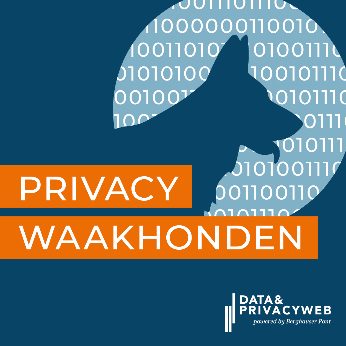After long negotiations, the 27 EU member states were out of it by the end of April: an agreement on the Digital Services Act (DSA). Although the privacy law package must still be approved by the European Parliament, digital civil rights movement Bits of Freedom speaks of a success, albeit with a few snags. For it remains, like almost everything else in Europe, a hard-won compromise.

'There was a real need,' Bits of Freedom policy officer Lotje Beek tells the podcast Privacy Watchdogs. 'It was high time the big tech companies were curbed. They are a danger to democracy with their disinformation.'
In the Digital Services Act regulates that Internet providers, online platforms and marketplaces have responsibility and liability for the content on their services. The intention is to fight illegal content and disinformation more actively. If this is not done, (sky-high) fines will follow, up to 6 percent of the turnover of a company in violation.
The Digital Markets Act, which you can think of as the sister of the DSA, is more about the competitive position of Big Tech. In other words, the tech market should become more open, transparent and based more on interoperability, allowing other companies that are still being pushed out by parties like Meta and Alphabet But we are not there yet, says Beek. For starters, the DSA still needs to be approved by the European Parliament. 'It's a complicated decision-making process now. We also still know exactly what will end up in the final legal text.'
Bits of Freedom would have liked to see a ban on personalized ads. And a principle was included that raised the eyebrows of many a privacy activist: the so-called crisis response mechanism. This is actually a kind of digital emergency that can be "declared" in times of crises, Beek explained. That provision was inserted at the last minute and is quite controversial.
Recently, MP Caroline van der Plas (BoerBurgerBeweging) asked parliamentary questions about it. Beek: "With this crisis response mechanism, the European Commission can force platforms to take certain measures." She suspects the war in Ukraine has something to do with it. "Right after the invasion started, the European Commission asked all hosting companies and platforms to block state media from Russia and they did. It is a far-reaching measure and we are really concerned about this as well. Because that it's all not really democratic.'
The privacy organization lobbied heavily leading up to the DSA, Beek says. You can hear how such a thing works and what all the organization has brought in in the second episode of the podcast Privacy Watchdogs, which you can listen to below.
To be heard via:
- Spotify

